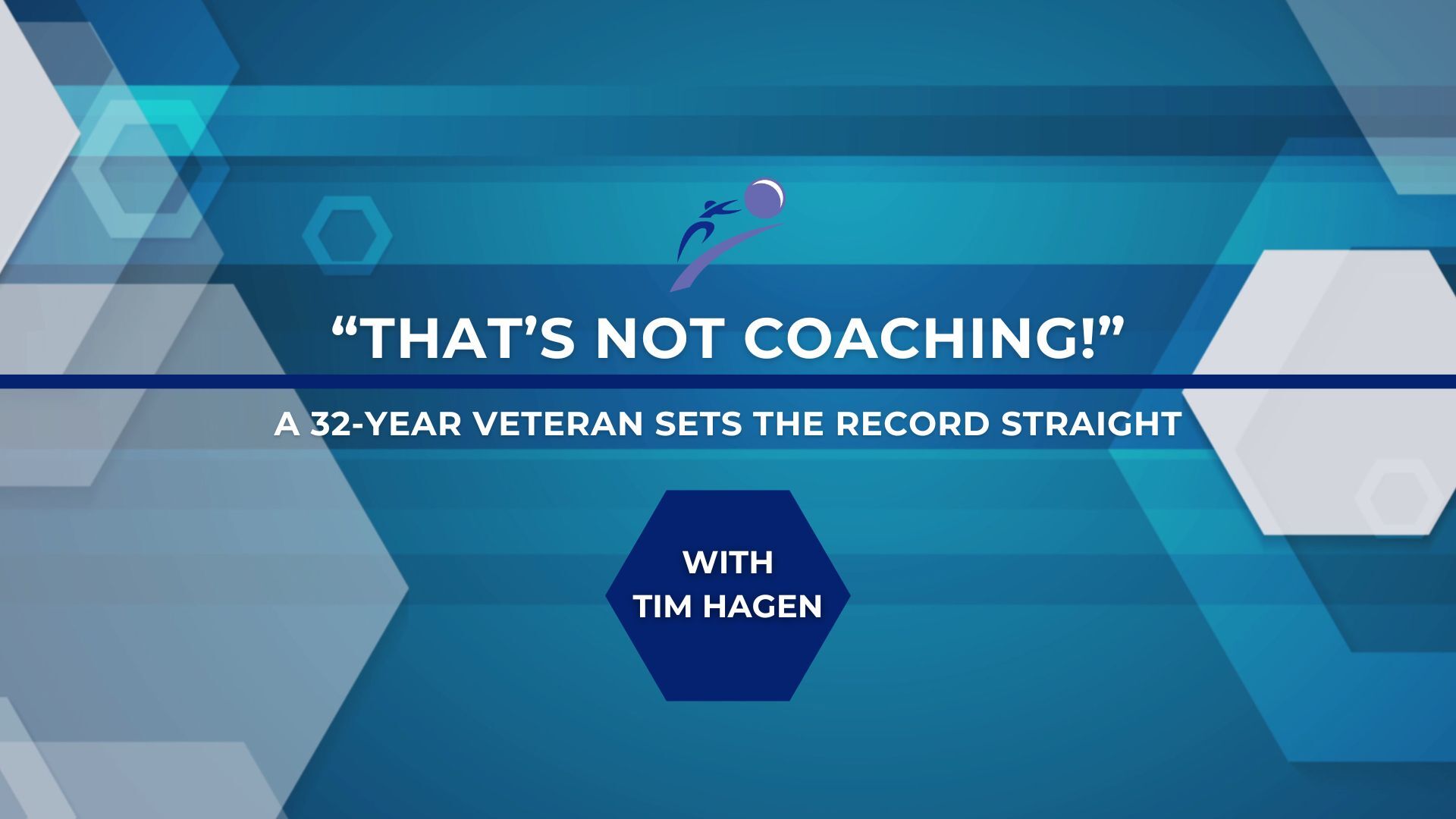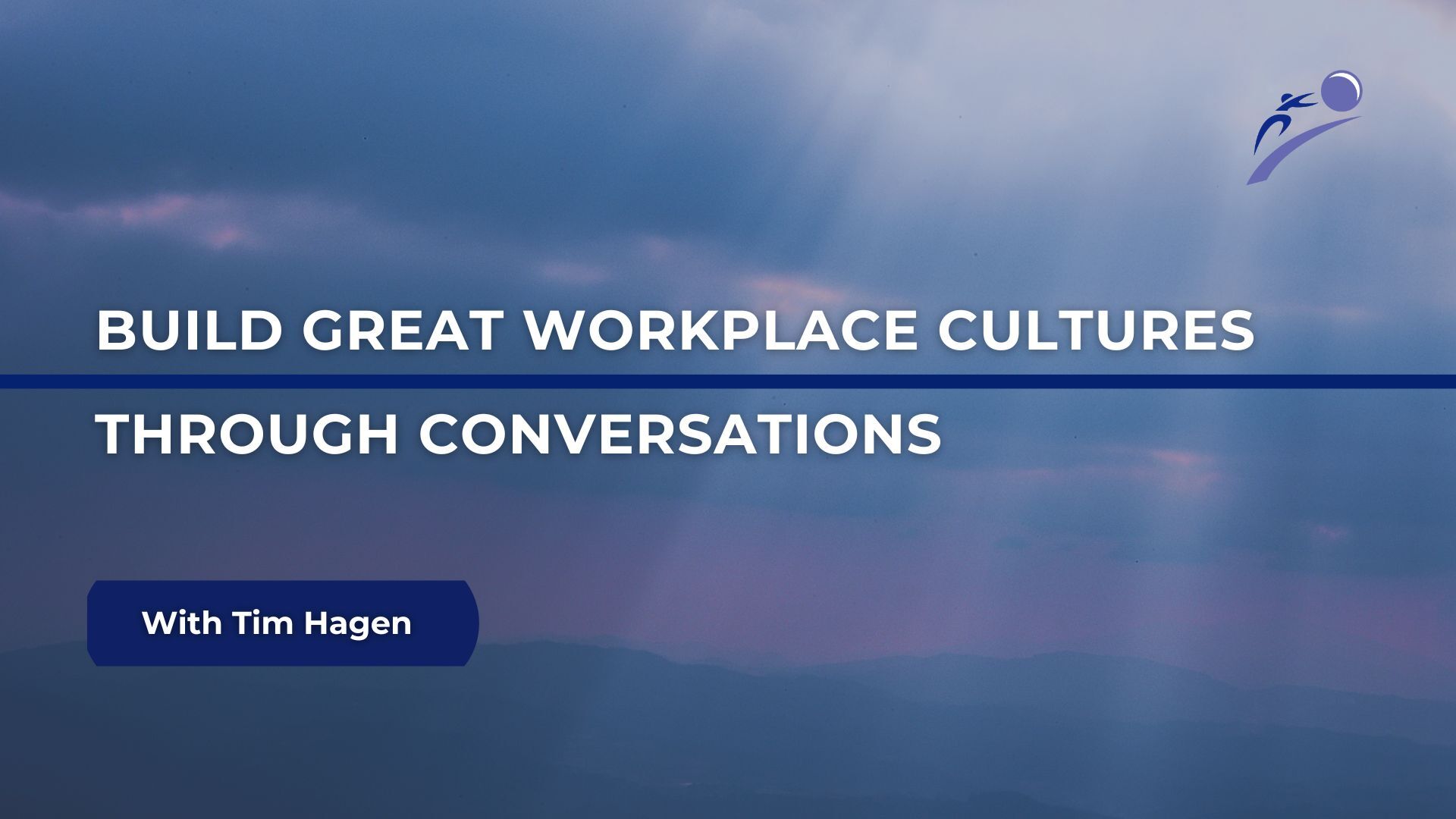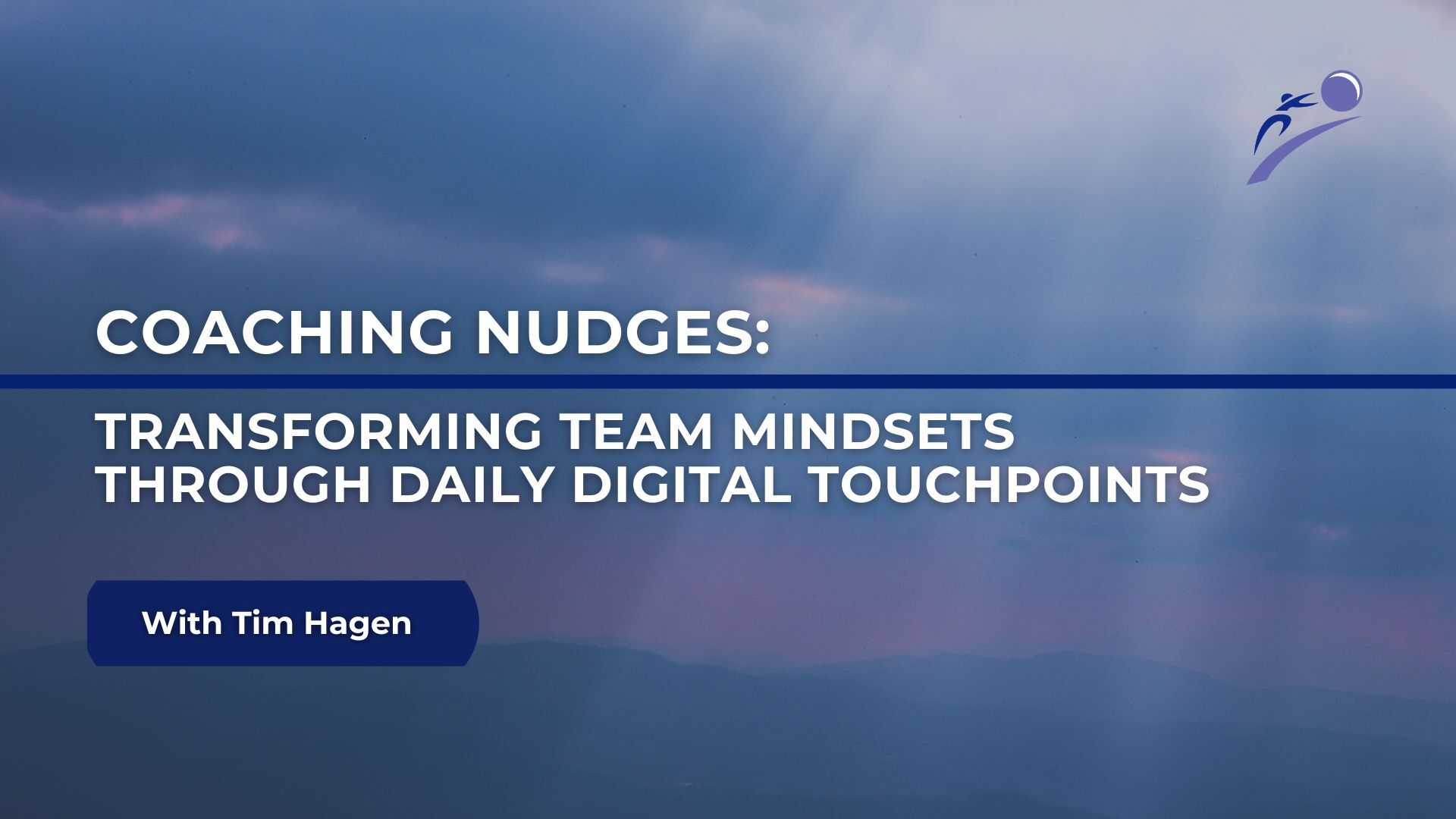The Unseen Impact of Observant Leadership
As I sat observing the subtle dance of human interaction at a local pharmacy, I stumbled upon a profound realization about the power of observation. It was there, amidst the quiet struggle of a new employee grappling with a sluggish register and a less-than-supportive manager, that the essence of emotional awareness in leadership crystalized for me.
This reading captures that moment and expands on how leaders can either uplift or unintentionally crush their team's spirit through their responses to everyday challenges. We dissect the dynamics of non-verbal communication and its staggering impact on team morale. Through a candid recount of a personal initiative to boost a young worker's confidence, we illuminate the cascading effect simple acts of encouragement can have within a team. See the indelible mark of supportive leadership and the transformative potential of positive reinforcement to foster an environment where every team member can thrive.
One of the things we've talked about for years at Progress Coaching is the ability to observe and coach. I cannot tell you how many times I've shared this with people, and I often get this weird look: "You observe people? Like, you watch them? It's kind of creepy." Yet if you really watch human behavior, it teaches you so much about people and their character and who they are. I'll share an example in a minute.
If you want to become a great leader, sit and watch people. Go to a Starbucks and watch people behind the counter and how they work together. I happen to be a non-coffee drinker, but I'm a huge Starbucks fan. I think they're training and the way they do things with people behind the counter work effectively together. They've done something really well. I think they have very high standards for their people and, from what I understand, they take care of their people.
Here's an example of observation revealing character.
I was at a pharmacy and was waiting in line when a new employee was working the register and definitely having problems with the register. I've been to this pharmacy a lot, and their systems are always slow. The employee's badge said "In Training," and she looked to be about 18 or 19 years old. She got over the microphone very sheepishly and asked for the manager to come over. You could just tell by body language that this was a huge inconvenience to him. He starts with, "What's the problem now?"
Think of that statement. What's the problem now?
Hearing that phrase, how would you react? Would you want to call that manager for help again? Would you feel confident? Would you feel nervous or insecure? Be honest.
Then he makes a gesture and uses his left hand to gently move her to the side a little so he can take over the register. He didn't push or shove her; it was more of a gesture as if to say move a little to the side; let me take care of this. She steps out of the way. I see this and say to the woman behind me, "Look at this young lady." She nodded and it was really hard to watch the scene play in front of us.
The manager got the register working, walked away, and said nothing to her—not an "If you need any more help, just reach out" or anything supportive. I continued waiting my turn, and I noticed that as people started to go through her line, she stopped talking. She stopped communicating with others.
When it was my turn, I said, "Hey, how are you doing?" She looked up with a sheepish hi. I then said, "By the way, can I just say something to you? I've been here before a lot. I think you're doing a fantastic job. These systems are always slow. I just wanted to share it with you. As a dad, I think you're doing a fantastic job." The biggest smile lit up her face.
I assume that the manager had little training or awareness, but what he did was really debilitate her. He eroded her ability and energy to have a good day. I hope I resurrected that.
The woman behind me does the same thing and says to her, "I echo what the gentleman just said. I think you're fantastic. I think you do a great job. Lift your head up. I will always try to come to your register." I waited for that woman outside the store, and I said that it was really nice of her. Her response was, "I wouldn't have done it if you hadn't done it."
Here's the funny thing when you observe people. You learn our reactions--much like the manager's reaction--cause another reaction. Yet we can counter negative reactions with conscious positivity. Look conscientiously for positive things.
Here's another funny thing. My wife and I went out to dinner for the famous Wisconsin fish fry last night, and we had a waitress serving us. If anyone knows me, they know my sense of humor is wicked, and my sarcasm can go through the roof. I can kind of needle you and the waitress needled me back, and she won the 'needling' battle between us. I called the manager over, and she was instantly on guard. "What's the problem?" The waitress walks up behind her laughing because she knows I'm screwing around. I said, "This waitress has ruined our night. Her humor is awful, she doesn't smile enough, and, for God's sake, she's slow." It was the best service we've ever had. The waitress looked at the manager and said, "We can fire customers too, can't we?" All of us just broke out laughing. Even the table next to us laughed.
Our actions create reactions. One of the things we need to do as leaders is to observe, look for statements, look for reactions, and look for the things that cause reactions. This teaches us where we have an opportunity to improve as leaders. What I did at the pharmacy and at that restaurant isn't unique. It's not something special. I shouldn't be praised. But what if more of us did that?
What if more managers were trained to say to people like that pharmacy tech, "Hey, just call me anytime this stuff happens, no problem. That's what I'm here for." You could tell that she felt calling for her manager over the speaker system was a huge inconvenience. Her relationship with that job instantly becomes what? Negative. Somebody at home is going to ask how was her day. She's going to retell that incident. Hopefully, when she went home and her parents asked that question, she replied, "Oh, kind of tough, but there were two of the nicest people who praised me."
That's the power of positivity. That's the power of observation.
SUPPLEMENTAL COACHING FOR OBSERVANT LEADERS:
-
Find a peer or mentor whom you can shadow and observe throughout the day over multiple weeks or months, and journal what you see in terms of their leadership. How they respond to feedback, how they receive feedback, and how they interact with others. At the end of each observation and journaling, write down two things you learned, two things you learned about yourself, and two things you can do to make a positive step moving forward to improve.
-
Sit at a local coffee shop, bookstore, or other retail space where you can see the checkout counter and observe and journal the interactions behind the counter. Not just employee to customer, but also employees to each other and with managers, etc. Note their responses to feedback, their reactions to conflict, their praises, and what questions they ask. At the end of each observation, write down two things you learned, two things you learned about yourself from watching those interactions, and two things you can do moving forward to improve or address in a positive direction.
-
Find videos on YouTube (or another preferred site) on a topic you want to improve on or get more information on. For example, motivational videos on teamwork, attitude, or conflict management. Take notes as you watch and journal your reactions to what you learn. At the end, write two things you learned about yourself and two things you can do moving forward to improve or address in a positive way.
Looking for a quick boost to your coaching and leadership game? We're offering a FREE COURSE to help leaders enhance their coaching abilities with
Lead with Impact: 6 Steps to Building a High-Performance Coaching Culture in Your Organization
This is a 7-day course with video lessons sent to your email throughout the week. You can watch the recorded lessons on your own time at your own pace.
Discover:
-
The best attributes of coaching
-
An efficient framework for coaching
-
The crucial tiers of learning
-
The 3 levels of change
-
The power of questions
-
and more!
Access the free course here: https://upvir.al/156009/lp156009






